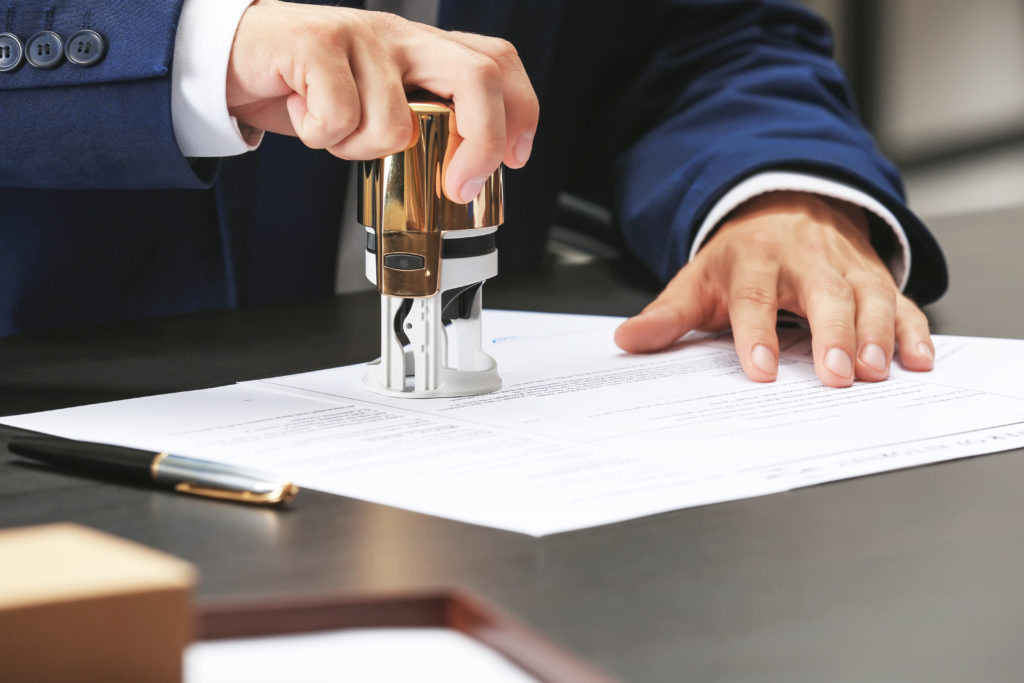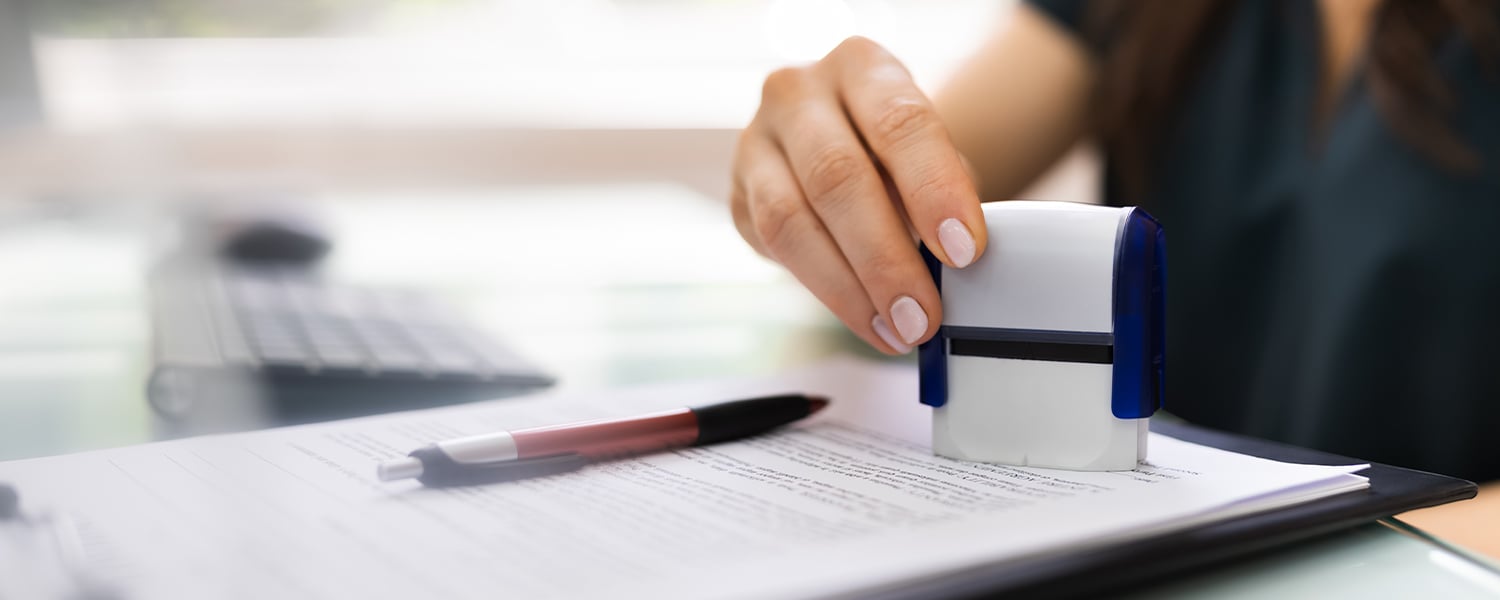Notary Public: Your Trusted Witness and Paper Authenticator
Wiki Article
Debunking Notarial Work: Simplifying the Duty and Significance of Notaries
Their role, frequently shrouded in mystery for many, lugs considerable weight in making sure the validity and honesty of critical papers. By deciphering the complexities losing and surrounding notarial practices light on the relevance of their acts, a clearer understanding emerges of the crucial role notaries play in upholding the textile of contractual and lawful contracts.The History of Notarial Job
The background of notarial job dates back to ancient people, where scribes played a crucial function in videotaping important info and validating records. This led to the development of notaries, individuals designated by the state to act as neutral witnesses in legal matters.
During the Center Ages, notaries obtained prestige in Europe, with their features expanding to include drafting legal files, accrediting trademarks, and maintaining documents. The surge of global profession further emphasized the significance of notarial operate in confirming contracts and contracts across borders.
In the contemporary age, notaries continue to play an important function in legal and company transactions by confirming identities, verifying the credibility of documents, and preventing fraud. Their duty in licensing the legitimacy of arrangements includes a layer of protection and trust to the ever-evolving landscape of commerce and regulation.

Responsibilities and Responsibilities of Notaries
The historical development of notarial work from old people to the contemporary period has shaped the distinctive responsibilities and duties that notaries maintain in legal and organization deals today. Notaries play a vital duty in verifying the credibility of files and the identification of notaries. Among their primary duties is to witness the signing of vital papers, such as wills, agreements, and acts, to ensure that all celebrations are entering right into agreements intentionally and willingly. Notaries likewise validate that signatories are of sound mind and not under discomfort or coercion.They license duplicates of initial papers, supplying assurance to institutions that the copies are real reproductions of the originals. In general, the responsibilities and responsibilities of notaries are essential in safeguarding the honesty and legality of numerous papers and transactions - Notary.
Notarial Certificates and Signatures
Exemplifying precise attention to information, notarial certifications and signatures act as vital parts in confirming the authenticity of legal documents. Notarial certificates usually consist of important information such as the date of registration, the names of the notaries, a summary of the paper, and the notary's main seal. These certificates offer a clear record of the notarial act, guaranteeing that the file can be easily determined and traced back to the notary who looked after the procedure.Signatures play a pivotal function in notarial job, as they represent the contract and authorization of the celebrations involved. Notaries thoroughly witness the finalizing of records to confirm the identity of the notaries and validate that they are signing of their own free choice. By affixing their main seal and signature to the paper, notaries certify that the needed treatments have actually been followed and that the file is valid and enforceable.
Fundamentally, notarial certificates and trademarks are the hallmark of credibility in legal deals, Apostille providing assurance to all celebrations involved that the records are legit and binding.
Relevance of Notarial Acts

Registration Refine Explained
The notarization procedure usually begins with the private offering the document to a notary public. As soon as the identity is verified, the notary guarantees that the private authorizing the file does so willingly and without any type of threat.
Verdict

Notarial certifications usually have crucial info such as the date of notarization, the names of the notaries, a summary of the paper, and the notary's main seal. These certifications give a clear document of the notarial act, ensuring that the document can be easily identified and traced back to the notary that oversaw the process.
By fastening their main seal and trademark to the record, notaries license that the essential treatments have actually been adhered to and that the paper is enforceable and legitimate.
By confirming the identity of the signatories, confirming their willingness to get in right into the contract, and accrediting the date and location of the finalizing, notaries play a critical role in supporting the validity of legal records.After the paper is authorized, the notary will affix their main seal or stamp onto the paper.
Report this wiki page